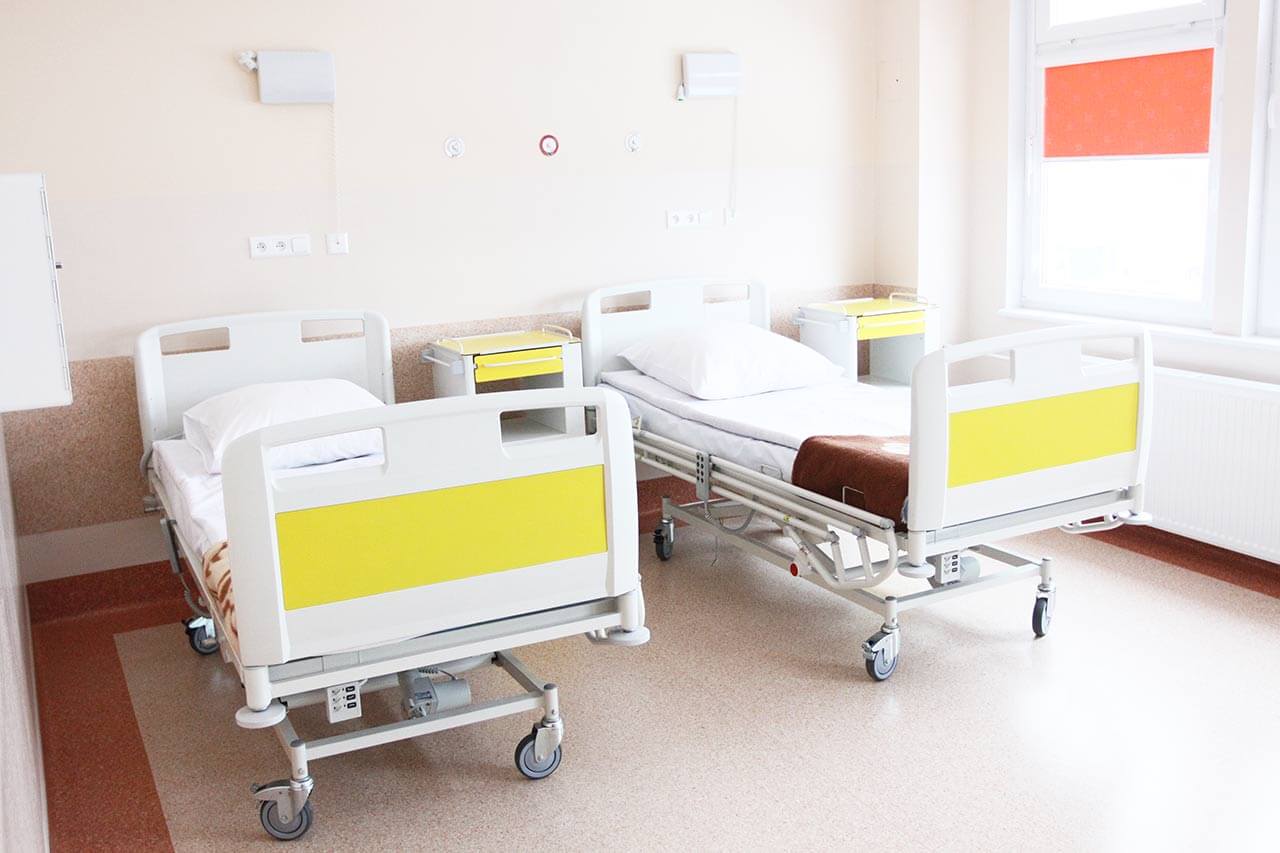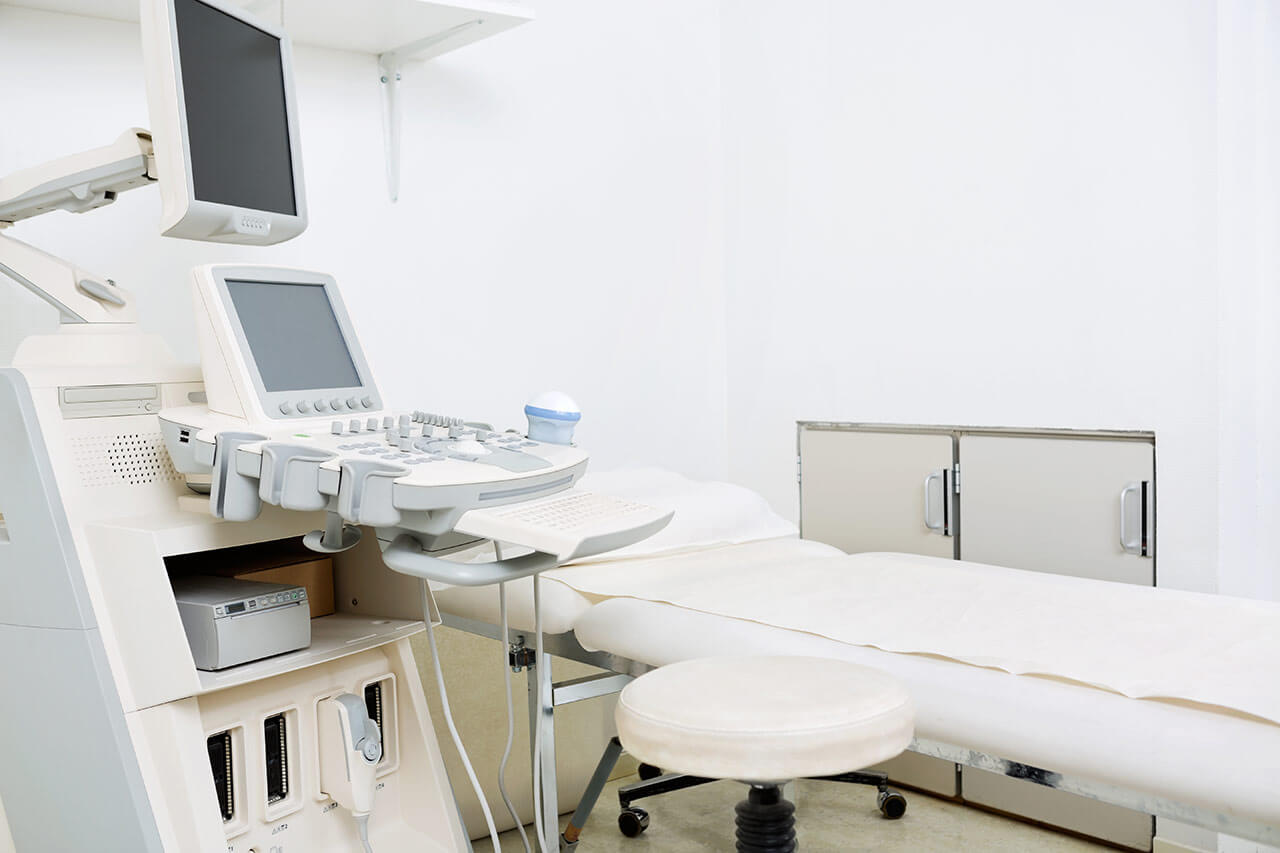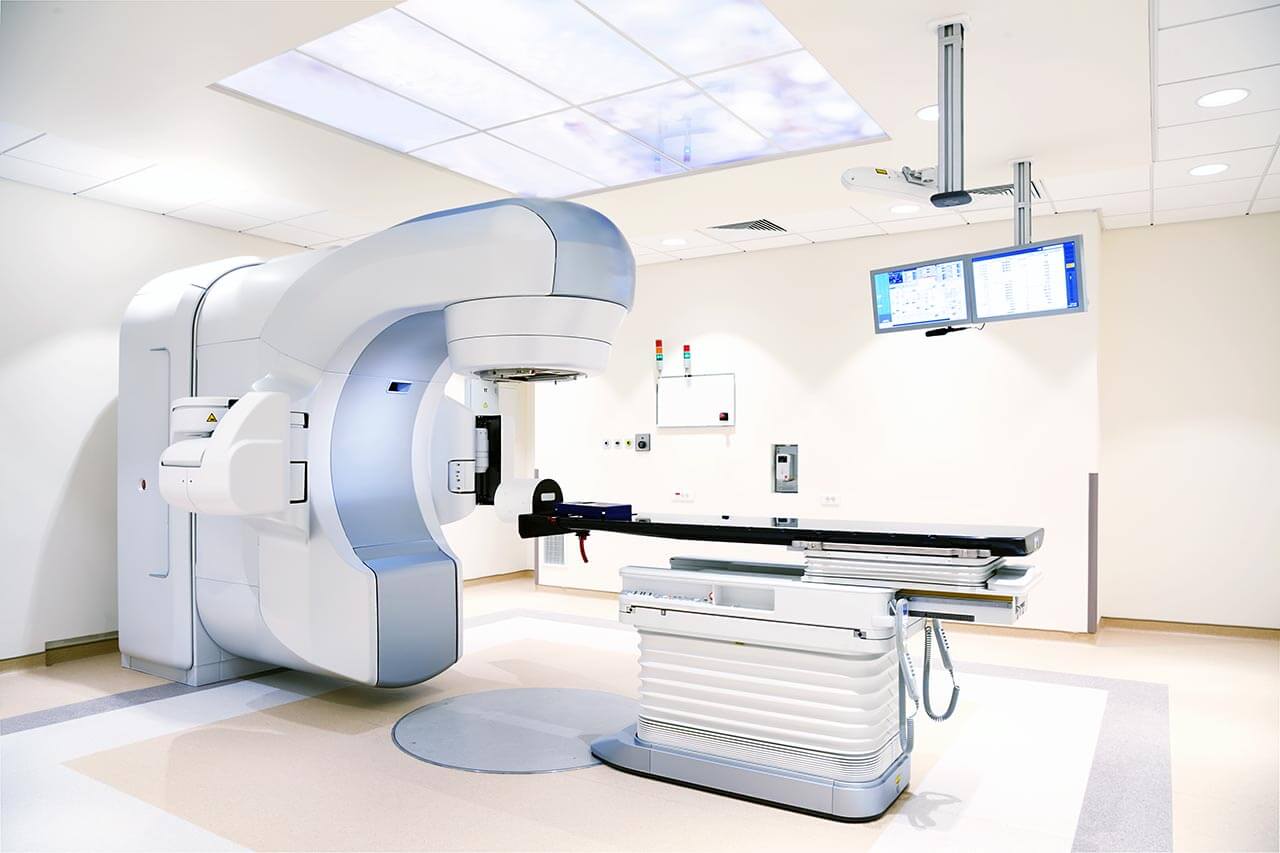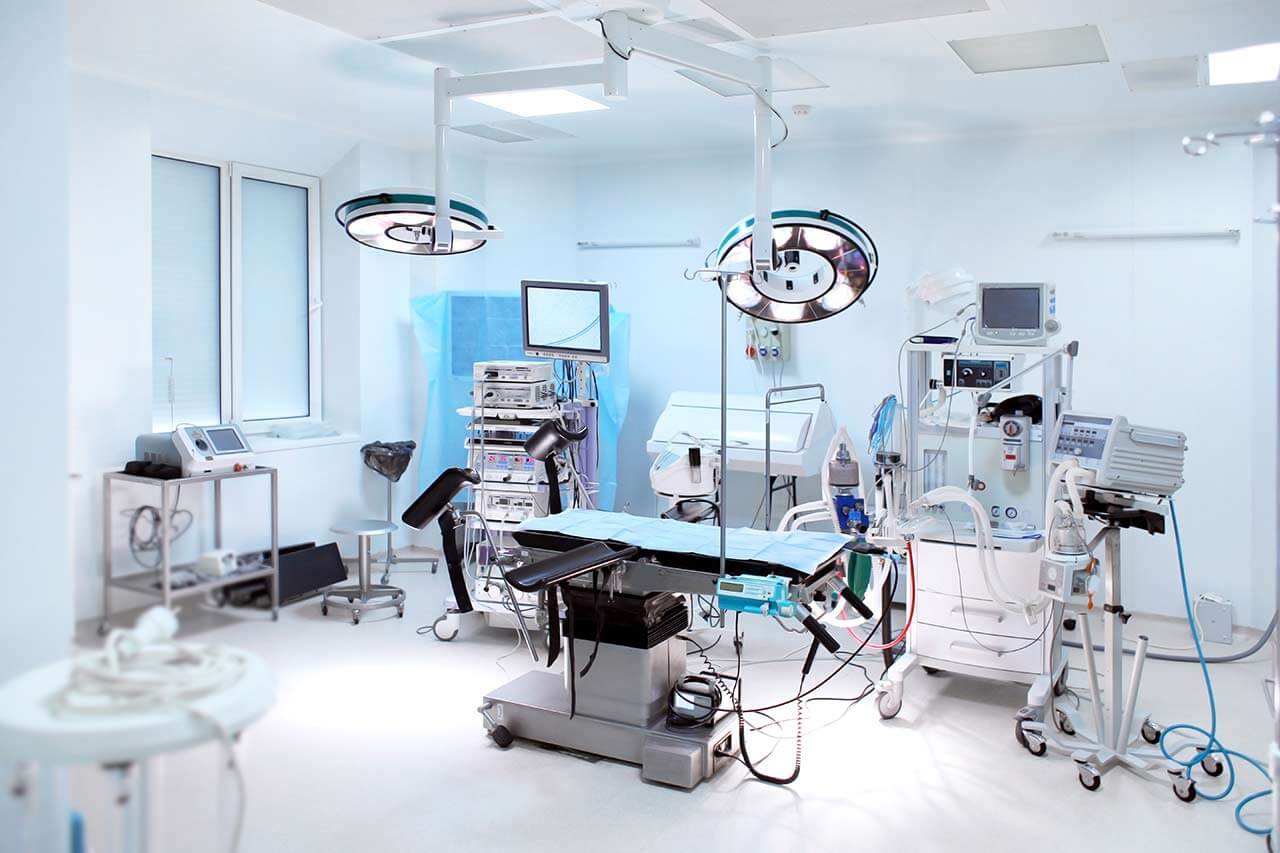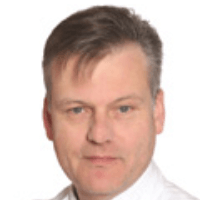
The program includes:
- Initial presentation in the clinic
- clinical history taking
- review of medical records
- physical examination
- laboratory tests:
- complete blood count
- general urine analysis
- biochemical analysis of blood
- TSH-basal, fT3, fT4
- blood smear
- tumor markers
- inflammation indicators
- indicators blood coagulation
- aspiration biopsy of bone marrow
(trepanobiopsy of iliac wing) - ultrasound
- transfusion therapy
- therapy with willebrand factor and factor VIII
- symptomatic treatment
- nursing services
- services of all leading experts
- explanation of individual treatment plan
Required documents
- Medical records
- Complete blood count (if available)
Service
You may also book:
 BookingHealth Price from:
BookingHealth Price from:
About the department
The Department of Hematology, Oncology and Clinical Immunology at the University Hospital Duesseldorf offers the full range of modern diagnostics and treatment of oncopathology, blood diseases, and immune system. A special focus of specialization is the treatment of malignant diseases of the blood, bone marrow, and lymph nodes. The excellent infrastructure, high-tech equipment and high professionalism of the department's doctors contribute to the optimal treatment results.The Chief Physician of the department is Prof. Dr. med. Rainer Haas.
The department has vast experience in bone marrow transplantation. Since 1989, it has performed more than 1,500 transplantations. It should be noted that the department's doctors attach great importance to the further improvement of the transplantation technique and prevention of serious side effects. Thus, today the department successfully transplants bone marrow to elderly patients and patients with severe concomitant diseases.
The great advantage of the department is the presence of a number of specialized laboratories for basic diagnostics and further examination of hematological patients. The modern immune-cytological and molecular-biological examination methods in combination with classical cytomorphology form the basis for the diagnostics of all blood and bone marrow diseases. Of particular interest is the diagnostics of acute and chronic leukemia, myelodysplastic syndrome, lymphomas, and multiple myeloma.
The service range of the department includes:
- Diagnostics and treatment of acute lymphocytic leukemia
- Traditional chemotherapy
- High-dose chemotherapy
- Individualized therapy depending on specific clinical indications
- Diagnostics and treatment of acute myeloid leukemia
- Chemotherapy
- Diagnostics and treatment of myelodysplastic syndrome
- Diagnostics and treatment of bronchial carcinoma
- Diagnostics and treatment of malignant lymphomas
- Diagnostics and treatment of plasmacytoma
- Diagnostics and treatment of sarcomas
- Laboratory diagnostics
- Cytological examination of blood and bone marrow
- Immunophenotyping
- Histological examinations
- Cytogenetic examinations
- Fluorescent in situ hybridization
- Molecular biological examinations
- Special diagnostics before the transplantation
- Other diseases, diagnostic and therapeutic methods
Curriculum vitae
- 1982 Doctoral thesis defense.
- 1982 - 1983 Assistant Physician, Department of Endocrinology and Metabolic Disorders, University of Mainz.
- 1984 Training for the title of Doctor of Medicine, Department of Hematology, Oncology and Rheumatology at the University Hospital Heidelberg.
- 1984 - 1985 Research Internship, German Cancer Society, Ontario Institute for Cancer Research, Toronto, Canada.
- 1986 Homecoming, work in the Department of Hematology, Oncology and Rheumatology at the University Hospital Heidelberg.
- 1991 Habilitation and Venia Legendi, Internal Medicine.
- 1994 Visiting Physician, Fred Hutchinson Cancer Research Center in Seattle, WA, USA.
- 1995 Acting Head of the Section of Clinical Cooperation in Molecular Hematology and Oncology at the German Cancer Research Center, Heidelberg.
- 1996 - 1999 Acting Head of the Department of Hematology, Oncology and Rheumatology, University of Heidelberg.
- 1997 Appointment as Extraordinary Professor.
- 1998 - 1999 Leading Senior Physician.
- Since 1999, Head of the Department of Hematology, Oncology and Clinical Immunology at the University Hospital Duesseldorf.
Photo of the doctor: (c) Universitätsklinikum Düsseldorf
About hospital
According to the authoritative Focus magazine, the University Hospital Duesseldorf ranks among the top Germany hospitals!
The hospital is an excellent example of a combination of high-quality health care, research and teaching activities. With more than 50,000 inpatients and about 300,000 outpatients every year, the hospital is one of the largest and most prestigious medical institutions in Germany and Europe.
Modern, safe and sparing diagnostic and therapeutic methods guarantee effective treatment of various diseases and their consequences. All therapeutic processes are based on an interdisciplinary approach, which provides comprehensive medical care and optimal treatment result. Obviously, one of the key roles in the successful clinical practice of the medical institution is played by a highly qualified medical personnel, which consists of the best world-class doctors. The hospital also has a special advantage due to the structured equipment with the innovative medical technologies.
The hospital presents almost all fields of modern medicine. Special attention should be given to such focuses as oncology and hematology, stem cell transplantation, neurosurgery and neurology, urology, obstetrics and gynecology, hepatology, kidney transplantation, vascular surgery, cardiac surgery, pediatric surgery, pediatric oncology, etc.
In addition to the outstanding quality of medical services, the hospital guarantees each patient an attentive care, friendly atmosphere, as well as sensitive and respectful attitude.
Photo: (с) depositphotos
Accommodation in hospital
Patients rooms
The patients of the University Hospital Duesseldorf live in comfortable single, double and triple rooms. The patient rooms are made in bright colors and modern design. The room furnishing includes an automatically adjustable bed, a bedside table, a wardrobe, a telephone, a multimedia device (TV, radio, Internet access), a table and chairs for receiving visitors. To use the phone and multimedia device, the patient should have a special chip card, which can be purchased at the reception. In the pediatric departments multimedia device can be used for free.
Meals and Menus
The patients of the hospital are offered a varied, tasty and healthy diet. Every day there are three menus to choose from for adults and four menus to choose from for children, while it is possible to develop an individual menu. When pre-ordering, the international patients may have dishes of various cuisines of the world, for example, Asian and African cuisine. If a patient needs a diet in accordance with the clinical indications, he will be provided with a special diet menu, including drinks.
Every day, the nurses inform the kitchen workers about the patient wishes using an electronic data processing system. Immediately before serving food, there are printed special cards, which indicate for which patient this or that dish is intended.
Also, the hospital houses a cafeteria with a rich selection of delicious, healthy dishes, snacks and drinks.
Further details
Standard rooms include:
Religion
Christian priests are available for the patients at any time. Representatives of other religions may be requested at any time.
Accompanying person
Your companion may stay with you in your room or at a hotel of your choice during the fixed program.
Hotel
You may stay at the hotel during the outpatient program. Our employees will support you for selecting the best option.
The hospital offers a full range of laboratory tests (general, hormonal, tests for infections, antibodies, tumor markers, etc.), genetic tests, various modifications of ultrasound scans, CT scans, MRI and PET / CT, angiography, myelography, biopsy and other examinations. Treatment with medications, endoscopic and robotic operations, stereotaxic interventions is carried out here, modern types of radiation therapy are also used. The hospital offers patients all the necessary therapeutic techniques.
- Dermatosurgery
- Skull base surgery
- Gastric bypass and bandage
- Removal of lung metastases
- Interventions on the spine
These are skin cancer (including melanoma), head and neck tumors, pathological changes in the chest (including funnel chest), obesity, liver diseases, HIV and other infectious diseases, varicose veins, aortic aneurysm, carotid artery stenosis, joint diseases and other pathologies.
- Dermatology
- Oncology
- Otorhinolaryngology
- Endocrinology and diabetology
- Orthopedics and traumatology
Over 800 highly qualified physicians work at the hospital.
